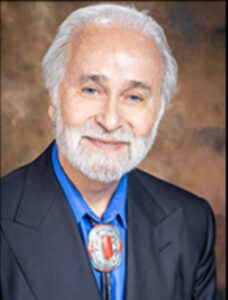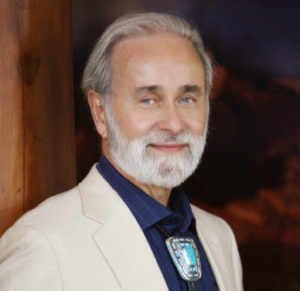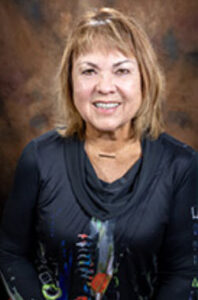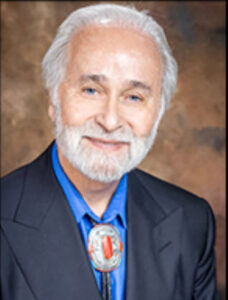Took oath of office Tuesday, March 21 at Governing Board meeting
Clarkdale’s Mr. Toby Payne was sworn in to fill the unexpired two-year term of Mr. Paul Chevalier at the Yavapai Community College District Governing Tuesday, March 21 Governing Board meeting in Sedona by Yavapai County School Superintendent Mr. Tim Carter.
Payne, is a resident of Clarkdale and was appointed to the District 3 seat vacated in January. District 3 consists of Big Park, Bridgeport 1 and 2, Clarkdale, Clemenceau, Coffee Pot, Cottonwood, Fir, Jacks Canyon, Jerome 1 and 2, Mingus, Orchard, Quail Springs, Red Rock 1 and 2, Red Rock East, Red Rock West, Verde Village, Western, and Wild Horse. His term will run through 2024.
Governing Board chair Deb McCasland welcomed Mr. Pay to the Governing Board. She said that she was excited to welcome Toby Payne to our Board and believes he will be a great representative for our students and the communities in the Verde Valley and all of Yavapai County.”
You may find more information about Mr. Payne by clicking here and you will be taken to a Blog story about him. You may also visit the press release about his appointment issued by the Community College of March 21, 2023 by clicking here
 After a two-hour closed door executive meeting at the February 24, 2023, District Governing Board Workshop, the Board issued a vague statement in the form of a motion unanimously approved suggesting that the proposed purchase and lease of land referred to in the agenda involved obtaining affordable housing for staff and students. Not another word was uttered, except for the President thanking the Board.
After a two-hour closed door executive meeting at the February 24, 2023, District Governing Board Workshop, the Board issued a vague statement in the form of a motion unanimously approved suggesting that the proposed purchase and lease of land referred to in the agenda involved obtaining affordable housing for staff and students. Not another word was uttered, except for the President thanking the Board.


 Yavapai County School Superintendent Tim Carter has announced the appointment of Mr. Stephen L. Bracety to the Yavapai College Governing Board to represent Yavapai County District 5. Mr. Bracety will complete the remaining four years of Mr. Mitch Padilla’s term on the Governing Board. Mr. Padilla resigned after he was elected to serve as Justice of the Peace, Prescott Precinct, beginning in January 2023.
Yavapai County School Superintendent Tim Carter has announced the appointment of Mr. Stephen L. Bracety to the Yavapai College Governing Board to represent Yavapai County District 5. Mr. Bracety will complete the remaining four years of Mr. Mitch Padilla’s term on the Governing Board. Mr. Padilla resigned after he was elected to serve as Justice of the Peace, Prescott Precinct, beginning in January 2023.
 The question of goals the President of Yavapai Community College should achieve came up during a secret executive meeting on November 15, 2022, with the College District Governing Board. Apparently, three goals were agreed upon.
The question of goals the President of Yavapai Community College should achieve came up during a secret executive meeting on November 15, 2022, with the College District Governing Board. Apparently, three goals were agreed upon.  Exactly what aspect of the contract is to be considered is not clear from the agenda posting. Recall that the Yavapai Community College District Governing Board voted to increase the base pay of Dr. Lisa Rhine by ten percent at the Board Workshop held May 24, 2022. It also added an extra year to her five-year contract. The pay-raise of 10% and contract extension vote was identical to the raise and extension awarded in 2021.
Exactly what aspect of the contract is to be considered is not clear from the agenda posting. Recall that the Yavapai Community College District Governing Board voted to increase the base pay of Dr. Lisa Rhine by ten percent at the Board Workshop held May 24, 2022. It also added an extra year to her five-year contract. The pay-raise of 10% and contract extension vote was identical to the raise and extension awarded in 2021.
